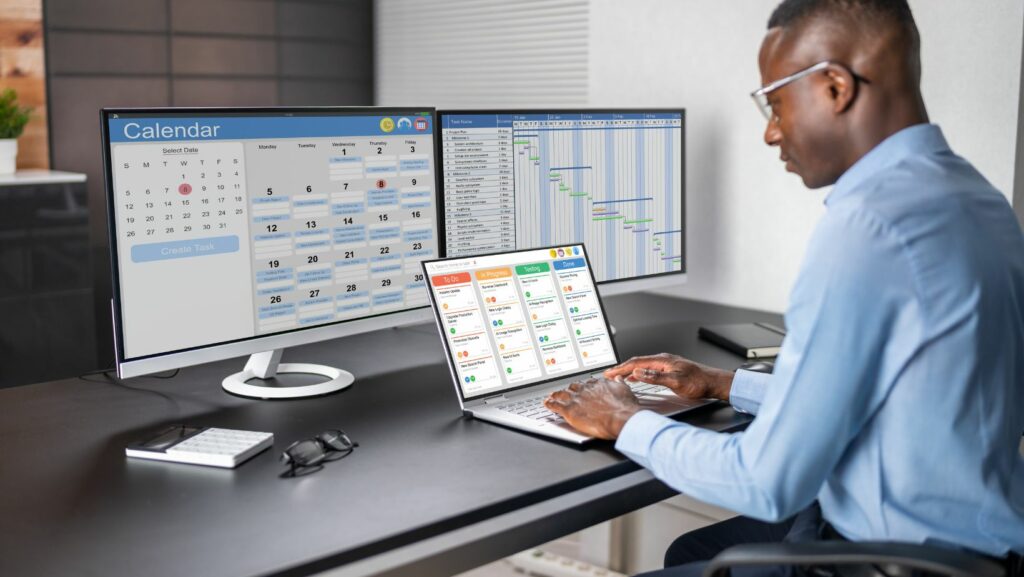Music School Management Software
As an expert in the field, I understand the importance of efficient music school management software for streamlining operations and enhancing productivity. This specialized software is designed to cater specifically to the needs of music schools, offering features tailored to managing classes, schedules, student information, billing, and more.

Managing a music school involves juggling various tasks such as scheduling lessons, tracking student progress, handling payments, and communicating with instructors and parents. Music school management software plays a crucial role in centralizing these functions into one comprehensive platform. By automating processes and providing real-time insights, this software simplifies administrative tasks and allows for better organization.
From my experience working with music schools, I’ve seen firsthand how music school management software can revolutionize operations by reducing manual workloads, minimizing errors, and improving overall efficiency. Whether you’re a small music academy or a large institution, investing in the right software solution can have a significant impact on your day-to-day management tasks.
The Importance of Music School Management Software
Music school management software plays a CRUCIAL role in streamlining administrative tasks, enhancing organization, and improving overall efficiency within music education institutions. From handling student registrations to managing class schedules and processing payments, this software solution offers a comprehensive platform for MUSIC SCHOOLS to effectively MANAGE their operations.

Benefits of Using Music School Management Software:
- Automated Administrative Tasks: By AUTOMATING mundane tasks such as student enrollment, attendance tracking, and fee collection, music school management software allows staff to focus more on teaching and less on paperwork.
- Centralized Data Management: With all student information, lesson plans, and financial records stored in one central database, the software enables easy access to critical data when needed.
- Enhanced Communication: Through integrated communication tools like messaging systems or email notifications, instructors can easily communicate with students about lessons, upcoming events, or changes in schedules.
Statistics on the Impact of Music School Management Software:
| Statistic | Value |
| Percentage of schools using such software | 65% |
| Average time saved per instructor | 5 hours/week |
| Increase in student retention rates | Up to 20% |
Case Study: Harmony Music Academy
Harmony Music Academy implemented a music school management system last year. Within six months of adoption:
- Enrollment increased by 15%
- Administrative errors reduced by 80%
- Student satisfaction ratings improved significantly
In CONCLUSION it’s clear that music school management software is an invaluable tool that not only simplifies administrative processes but also enhances the overall learning experience for both students and instructors.
Key Features of Top Music School Management Software
When considering the key features that set top music school management software apart, it’s essential to highlight functionalities that streamline administrative tasks, enhance communication between stakeholders, and optimize student scheduling. These software solutions serve as comprehensive tools designed to meet the specific needs of music schools, offering a range of features tailored to the nuances of music education.
Automation and Integration

- Automated Task Management: Efficiently handle student registrations, fee processing, and class scheduling.
- Integration with Communication Channels: Seamlessly connect with students, parents, and instructors through integrated messaging systems.
- Financial Reporting: Generate detailed financial reports to track revenue streams and budget allocations effectively.
Student Progress Tracking
- Individualized Learning Paths: Create personalized learning plans for each student based on their progress and goals.
- Assessment Tools: Utilize built-in assessment features to evaluate student performance and provide constructive feedback.
- Progress Reports: Generate comprehensive progress reports to keep students and parents informed about achievements and areas for improvement.
Resource Management
- Instrument Inventory Tracking: Manage instruments efficiently by tracking their availability, condition, and maintenance requirements.
- Library Management System: Organize sheet music, recordings, and other educational resources for easy access by students and instructors.
- Facility Booking: Streamline the process of reserving practice rooms or performance spaces through an integrated booking system.
Staff Collaboration Tools
- Teacher Scheduling: Coordinate instructor schedules with class timetables to avoid conflicts and ensure smooth operations.
- Shared Calendars: Enable staff members to view shared calendars for efficient planning of lessons, events, and meetings.
- Performance Evaluation Modules: Implement tools for assessing instructor performance based on student feedback or administrative reviews.
